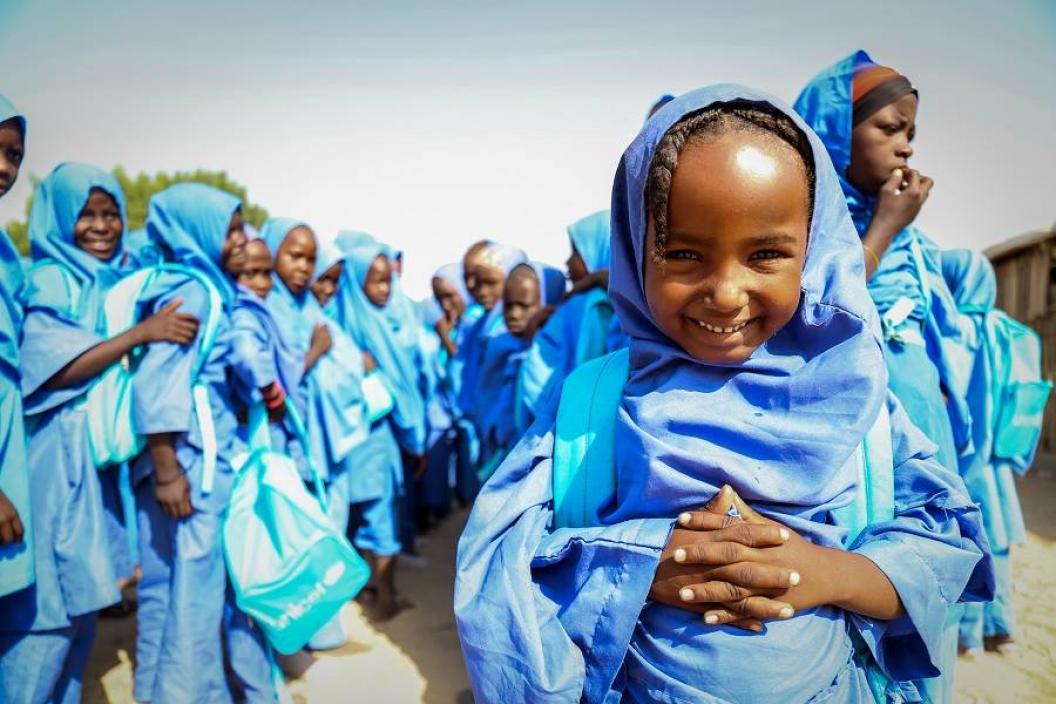25 million Nigerians risk hunger between June to August, says UNICEF

*List Adamawa, Sokoto, 4 others most vulnerable
By Doosuur Iwambe
At least 25 million Nigerians at high risk of food insecurity in between June and August 2023, the United Nations Children’s Fund (UNICEF) has said.
While stressing the need for leaders take urgent action to address the situation, the UN body noted that food insecurity would be caused by continued conflict, climate change, inflation and rising food prices noting that some Northern states are vulnerable.
UN agency made this known on its website in a statement titled ‘25 million Nigerians at high risk of food insecurity in 2023.’
It revealed that the projection was made according to the October 2022 Cadre Harmonisé, a Government led and UN-supported food and nutrition analysis carried out twice a year.
This projection the agency said increase from the estimated 17 million people currently at risk of food insecurity.
READ ALSO: Family Peace Cooperative Society Unveiled In Abuja
“This is a projected increase from the estimated 17 million people currently at risk of food insecurity. Continued conflict, climate change, inflation and rising food prices are key drivers of this alarming trend.
“Food access has been affected by persistent violence in the north-east states of Borno, Adamawa and Yobe (BAY) and armed banditry and kidnapping in states such as Katsina, Sokoto, Kaduna, Benue and Niger.
“According to the National Emergency Management Agency, widespread flooding in the 2022 rainy season damaged more than 676,000 hectares of farmlands, which diminished harvests and increased the risk of food insecurity for families across the country.
“The flooding is one of the effects of climate change and variability impacting Nigeria. More extreme weather patterns affecting food security are anticipated in the future”, the UN body said.
It further noted, “Of the 17 million people who are currently food insecure, 3 million are in the northeast BAY states.
“Without immediate action, this figure is expected to increase to 4.4 million in the lean season. This includes highly vulnerable displaced populations and returnees who are already struggling to survive a large-scale humanitarian crisis in which 8.3 million people need assistance”.
Meanwhile, UNICEF said children are the most vulnerable to food insecurity naming six Northern states that could suffer this horrendous hunger.
“Children are the most vulnerable to food insecurity. Approximately 6 of the 17 million food-insecure Nigerians today are children under 5 living in Borno, Adamawa, Yobe, Sokoto, Katsina and Zamfara states.
“The United Nations is calling on the Government of Nigeria, the donor community, and public and private stakeholders to urgently commit resources and implement mitigation measures to save lives and prevent a potentially catastrophic food security and nutrition situation. Support for vulnerable families across the country is needed today, not tomorrow.”








